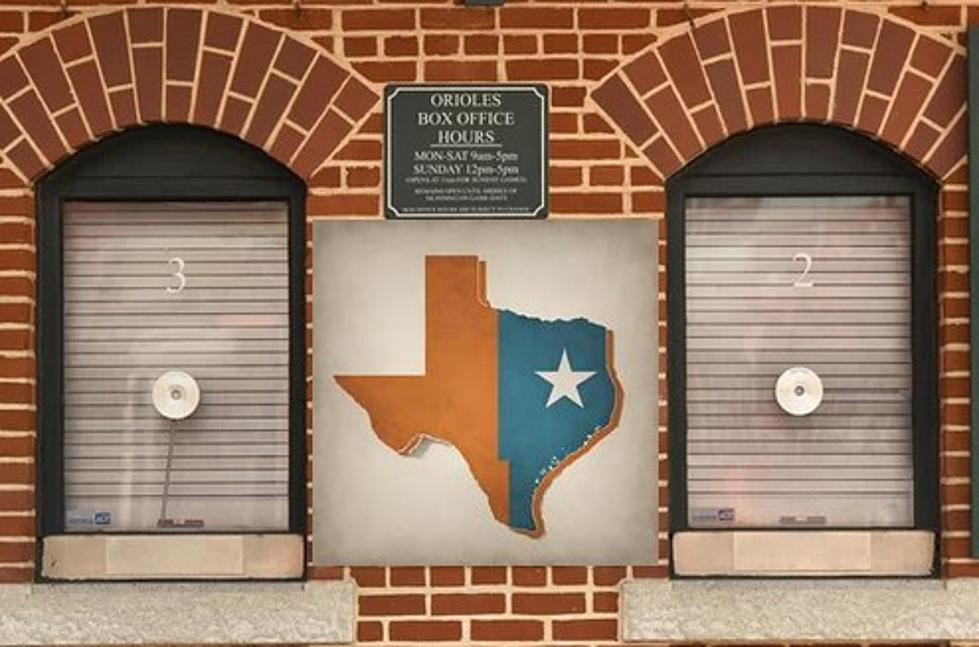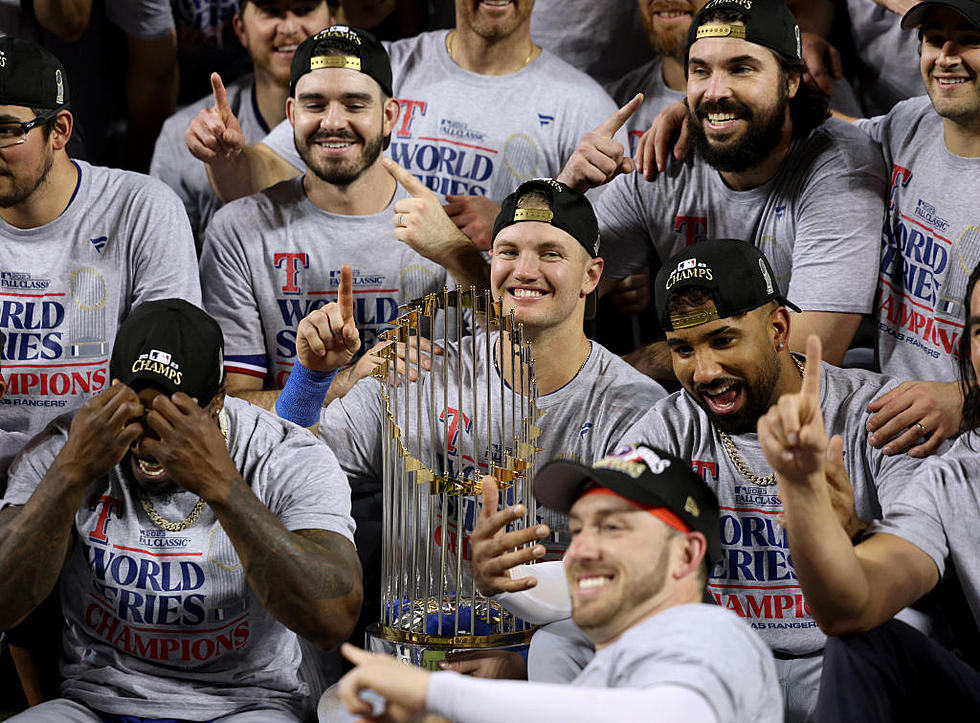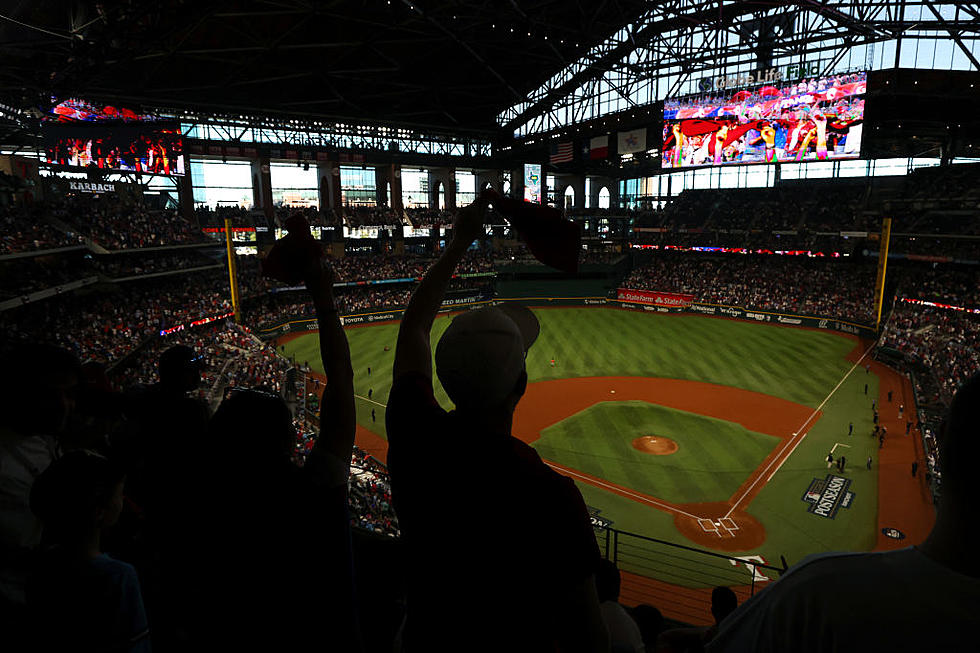
Senators Ted Cruz and Mike Lee Lead Coalition Seeking to Strip Antitrust Exemption from Major League Baseball

Major League Baseball (MLB) enjoys an economic, and political, advantage that few billion-dollar industries have in the United States, an antitrust exemption.
The antitrust exemption can allow MLB to maneuver around some federal regulations and it allows MLB to not have to be subject to certain laws and regulations that impact other professional sports leagues.
That exemption now is under fire again in the wake of MLB moving this year's All-Star Game from Atlanta to Denver.
This week, a number of Republicans have called for the antitrust exemption to be repealed. "If Major League Baseball is going to act dishonestly and spread lies about Georgia’s voting rights bill to favor one party against the other, they shouldn’t expect to continue to receive special benefits from Congress," U.S. Senator Ted Cruz (R- Texas).
On Wednesday afternoon, Sens. Cruz, Mike Lee (R- Utah), Josh Hawley (R- Missouri), Marco Rubio (R- Florida) and Marsha Blackburn (R- Tennessee) introduced a senate bill to remove MLB's antitrust exemption. Congressman Jeff Duncan (R- South Carolina) introduced companion legislation in the U.S. House.
Senator Cruz also said, "For nearly a century, Major League Baseball has enjoyed a special exemption from antitrust laws that other professional sports leagues do not. Major League Baseball asks for your ID when you pick up tickets at will-call, but they have made it clear they oppose photo ID requirements to vote. If Major League Baseball is going to act dishonestly and spread lies about Georgia’s voting rights bill to favor one party against the other, they shouldn’t expect to continue to receive special benefits from Congress.”
For example, the National Football League (NFL) is still under the restrictions of the Sports Broadcasting Act of 1961. That federal law prohibits broadcasts of Friday and Saturday NFL games until mid-December, when presumably, the high school and college football seasons would be over for the year.
MLB's antitrust exemption has come under fire at other times during its existence, including the late-1960s. After the 1967 season the Kansas City Athletics moved to Oakland, and it caught the ire of powerful U.S. senators.
To placate the federal politicians, Major League Baseball quickly arranged for the American League to expand by two teams in 1969: the Kansas City Royals and the Seattle Pilots.
Two years ago, the Kansas City Star recounted the events of the late 1960s:
Missouri Sen. Stuart Symington was from St. Louis, but he became Kansas City’s advocate by threatening through legislative means to revoke baseball’s anti-trust exemption. The sport was put on alert.
Baseball gave in. Kansas City and Seattle were awarded American League franchises.
MLB's antitrust exemption survived the fallout of the A's move to Oakland and it also survived another round of Congressional pressure 20 years ago.
Concerning the current controversy, Senator Lee said of the proposed bill, “Consumers benefit when businesses compete, and baseball is no different. In fact, a professional sports league should understand best of all the benefits of competition. Instead, Major League Baseball has used its judicially fabricated antitrust immunity to suppress wages and divide up markets for decades—conduct that is plainly illegal, and sometimes criminal, in any other industry. We should have done this decades ago, but when billion-dollar businesses start engaging in political extortion it becomes even more pressing to end their special treatment.”
Senator Rubio said MLB's own actions have prompted this push for the exemption's removal, "For decades, Major League Baseball has enjoyed a special exemption from the same antitrust laws that govern other businesses in our nation. The league has been able to escape scrutiny in part thanks to its perception as a good-faith guardian of America’s national pastime. But with its reprehensible decision to play politics and punish the State of Georgia – and countless small and minority-owned Georgian businesses – by moving the All-Star Game out of Atlanta, the MLB has shown its willingness to use its market power, derived from its antitrust exemption, irresponsibly. Now, Congress is obligated to revisit this unique treatment.”
MLB has not commented on the proposed legislation.
ALSO: Former Minnesota Twins All-Star's Home for Sale - Complete With Brewery
More From Newstalk 1290






![Queen’s Brian May Supported the Texas Rangers in Dallas Last Night [Video/Photos]](http://townsquare.media/site/175/files/2023/11/attachment-attachment-queen-7.jpg?w=980&q=75)


